In the very last chapter of the very last book of the Mishneh Torah, Maimonides turns to grapple with one of the foremost questions of Jewish theology: Moshiach. Drawing on Isaiah’s prophetic visions, Maimonides attempts to reconcile his rational approach to Jewish ethics and practice with what ultimately is, at its core, irrational and uncertain: what does the future hold? Drawing on more modern scholars, we will consider whether a relationship to a vision of the future – messianic or otherwise – is ultimately about knowledge, devotion, interpersonal transformation, or something else entirely.
Becca Leviss draws upon her expertise in academia, Jewish practice, community organizing, and faith-based advocacy to direct the Judeofuturism Project, a multi-disciplinary effort that combines art, scholarship, ritual, and practice to envision and build towards expansive Jewish futures beyond trauma, grief, and violence. Prior to her time at Harvard Divinity School – where she explored the intersection of religion, ethics, and politics in community building and civic engagement – she spent several years at Protect Democracy, working closely with major funders, practitioners, and leaders to strengthen the broad coalition devoted to preventing U.S. democracy from authoritarian decline.
Alex Goldfarb (he/him) is a fifth-year rabbinical student at Hebrew College and a Learning Guide at Lehrhaus. He is an enthusiastic learner and teacher of rabbinic literature at Brandeis Hillel, Lehrhaus, Temple Emanu-El and wherever his bicycle takes him.

